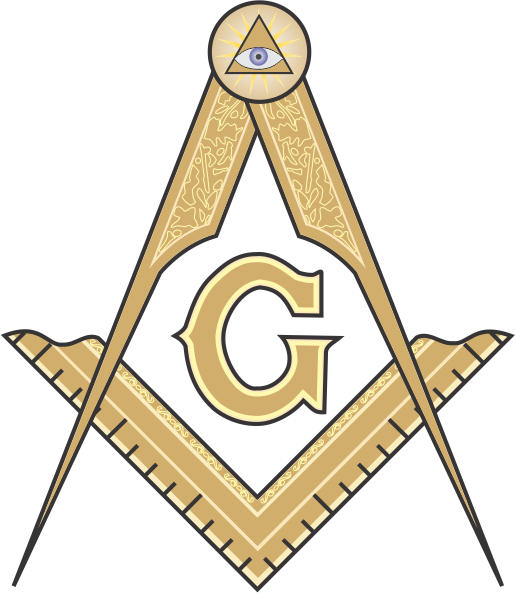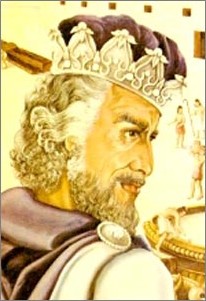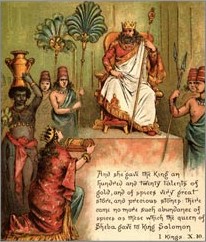- Lodgefellowship@gmail.com
- Ahemdabad

Free Masonry
About king Solomon
“The wisest of them all”-as he became to be known; Solomon the son of David is credited for one of the more celebrated feats in the history- Building the first temple at Jerusalem; the temple that housed the Holy Ark.
Solomon’s reign was marked by a constant tension between two conflicting orientations: faithfulness to the God of Israel and fulfillment of the Judaic religious precepts, against a propensity to yield to the pervasive foreign influences.
The major undertaking of Solomon’s reign – besides his almost complete success in preserving the kingdom, which he inherited from his father King David – was the building of the magnificent Temple to the God of Israel on the summit of Mount Moriah.
The resplendent Temple was an expression of the power that resided in Solomon’s kingdom and of its beneficent foreign relations. The monumental sanctuary received the symbolic affirmation of the God to whom it was dedicated: “the priests came out of the sanctuary for the cloud had filled the House of the Lord and the priests were not able to remain and perform the service because of the cloud, for the Presence of the Lord filled the House of the Lord… “(1 Kings 8:11 ).
Solomon also experienced a divine revelation in the form of a vision following the conclusion of the dedicatory service: “I have heard the prayer and the supplication which you have offered to Me. I consecrate this House which you have built and I set My name there forever “(1 Kings 9:3).


At the same time, the king’s earthly imperial rule involved him in the affairs of the surrounding peoples: “Solomon allied himself by marriage with Pharaoh king of Egypt. He married Pharaoh’s daughter and brought her to the City of David ” (1 Kings 3:1), and built her a palace (1 Kings 7:8). This unique historical evidence of an Egyptian princess leaving her country attests both to Solomon’s power and Egypt ‘s temporary weakness. However, this marriage, and others he made with high-born foreigners for political expediency, inclined the king to the culture and religion of those peoples, causing him to neglect his own God. Solomon built temples allowing his wives to worship their Gods and thus let many pagan rituals flourish. This also placed demands on his treasury.
Maintaining the excessive splendor necessitated the use of forced labor on a vast scale. This, and the many palaces that Solomon built in the “miloh”, the area that he prepared for this purpose on the slopes of Mount Moriah, including the palace for Pharaoh’s daughter, turned the people against him”(1 Kings 12:3).
At a spiritual level, the pagan rituals that flourished at his encouragement seemed to dull the divine luster of his monarchy: “And the Lord said to Solomon, Because you are guilty of this – you have not kept My covenant and the laws which I enjoined upon you – I will tear the kingdom away from you… But, for the sake of your father David, I will not do it in your lifetime; I will tear it away from your son” (1 Kings 11:11 -12). The united imperial kingdom of David and Solomon endured for only two generations. Around Solomon there sprang up the myth of extraordinary kingly splendor and superhuman wisdom.
- Home
- About Us
- Donation
- Blog
- Contact Us